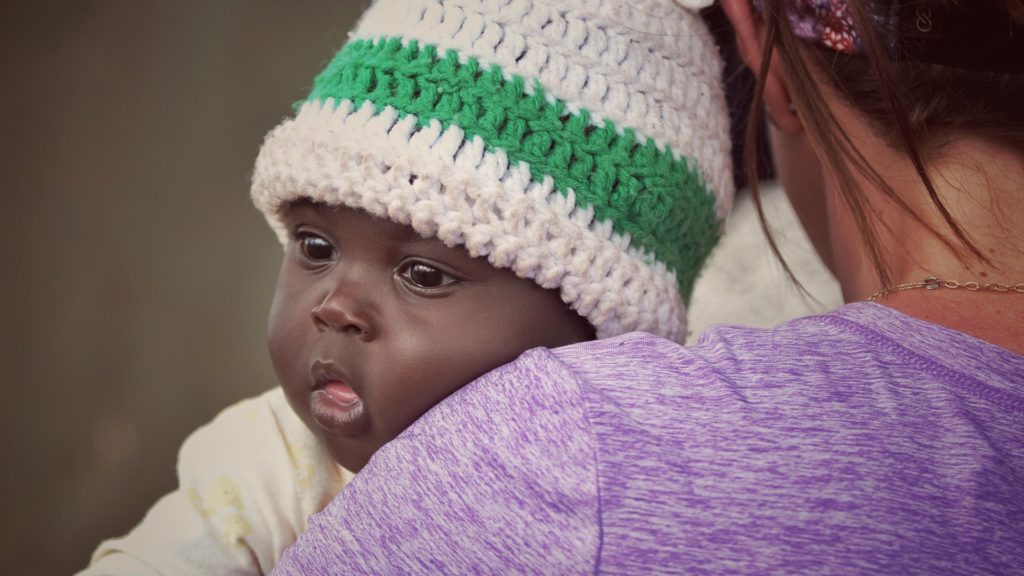Breastfeeding provides the best nutrition for children and gives both baby and mother a variety of health benefits. Every August, during the National Month of Breastfeeding, mothers are empowered, informed, and celebrated. In breastfeeding, however, there are racial and ethnic variations. Black Breastfeeding Week started as a way to cope with, discuss, and help fill these differences. Breastfeeding will boost the overall health of a woman for a long time. Moms who are breastfeeding have lower cancer rates and lower osteoporosis rates as they age. Black Breastfeeding Week will take place from 25-31 August this year. Here are the reasons why you should support and participate in this week.
What is Black Breastfeeding Week?
Black Breastfeeding Week, now in its 8th year of existence, is held during National Breastfeeding Month in the last week of August and was created with the goal of promoting breastfeeding in the Black community by Kimberly Seals Allers, Kiddada Green, Anayah Sangodele-Ayoka. Their aim is to encourage Black women to breastfeed and to connect them with the tools and instruments required for continuing breastfeeding.
Kimberly Seals Allers told Forbes Magazine “Black breastfeeding is a significant moment for us to really celebrate what black breastfeeding more means.” “We speak more about black breastfeeding as social justice, as a way of restoring the myth of black women being good mothers. The whole idea is to lift those stories.

Why Black Breastfeeding Week Is Important
Black Breastfeeding Week has been identified since breastfeeding rates have been diverging for over 40 years. The new CDC statistics suggest that 75% of white women have ever had breastfeeding, compared to 58.9% of black women. It is reason enough to take 7 days to reflect on the issue since the racial difference during the initiation and even greater one lasted so long, but here are a few more:
1. High mortality rate in black infants
Black babies are dying double the rate of white babies (in some instances, almost triple). That’s one reality. The high rate of infant mortality among black babies is mainly due to their being born too small, too sick, or too premature. These babies particularly need the immunities and nutritional benefits of breast milk. Increased breastfeeding among black women, according to the CDC, could reduce infant mortality rates by as much as 50%.

2. Lack of diversity in lactation
Not only are there blatant racial disparities in breastfeeding rates, but there is also a clear disparity in breastfeeding leadership. It is not controversial that support for breastfeeding is dominated by white women. It’s a problem. Firstly, the myth that Black women may not breastfeed is unfortunately perpetuated. It means that many of the nursing professionals are not culturally knowledgeable, compassionate, or appropriate enough to deal with African American moms properly, although well-intentioned. It’s been a week to discuss the lack of diversity among lactation consultants and change our narrative. A time to celebrate, highlight, and spotlight the most overlooked breastfeeding champions. And to ensure that the leadership in breastfeeding represents the same equity between breastfeeding mothers.
3. Special cultural challenges for black women
Whether our position as wet-nursing nurses in slavery, forcing them to breastfeed and nurture our slave-owners sometimes to the detrital of our children to a lack of mainstream role models and acceptance of our own stereotyping, Black women still have a unique cultural and complex history linked to breastfeeding
4. High dietary disease rates
In view of all the health conditions that are most critical for breast milk — as the most full “first food”—African American children are most at risk. Sudden Infant Death Syndrome and childhood obesity are problems that are endemic in our population, including upper respiratory infections and type II diabetes and asthma. The best preventive medication nature has to sell is breast milk.
5. Desert-Like Conditions in Our Communities
Many African American communities are “first food deserts,” which is a concept that we coined to characterize the desert in many urban areas where women can not access the best first food-milk help. When women live in a society without care, it is not fair to ask women to breastfeed. It’s a failure setup.

6. Breastfeeding in the Black community declined in the seventies
At that time, breastfeeding saw a sharp decline as a result of the ads that marketed formulas for Black communities. This decrease resulted in reduced health and mortality among Black babies. The goal now is to revive, restore, and re-launch the standard and natural breastfeeding in the Schwarz culture.
How to engage and find support during the Black Breastfeeding Week
Here are ways to join in the Black Breastfeeding Week and seek assistance all year round.
1. You can stay updated through interactive summits and live presentations on Instagram and Facebook
Owing to the concerns of COVID-19, all festivals and activities will take place this year at all. During the week, review the online schedule for breastfeeding in Black communities and endorse efforts to normalize breastfeeding. A hashtag #BBW20 can also be used by participants in social media to be updated.
2. For knowledge and help find a Black Doula near you.
The mission of the National Black Doulas Association is to help combat the rate of Black Maternal Mortality by linking Black mothers with Black doulas who can provide support, education, and a sense of empowerment in all aspects related to childbirth, breastfeeding, and motherhood. The organization is also a great resource for those who want to learn more about how to become a Doula.
3. You may provide valuable support to the local La Leche League Community
La Leche League helps mothers breastfeed through individual assistance and continuous education. La Leche is an aid to mothers in recognizing the value of maternal and infant breastfeeding. Find information on additional services and meeting places from a La Leche Community near you.
Injustice in our health systems impacts Black and Brown people overwhelmingly. If everyone accepts some obligation to fix this problem, we’ll all benefit.
We hope you join us in continuous attempts to equalize access to breastfeeding assistance today as Black Breastfeeding Week 2020 comes to its end today.
Also Read: Things About Breastfeeding That No One Tells You













